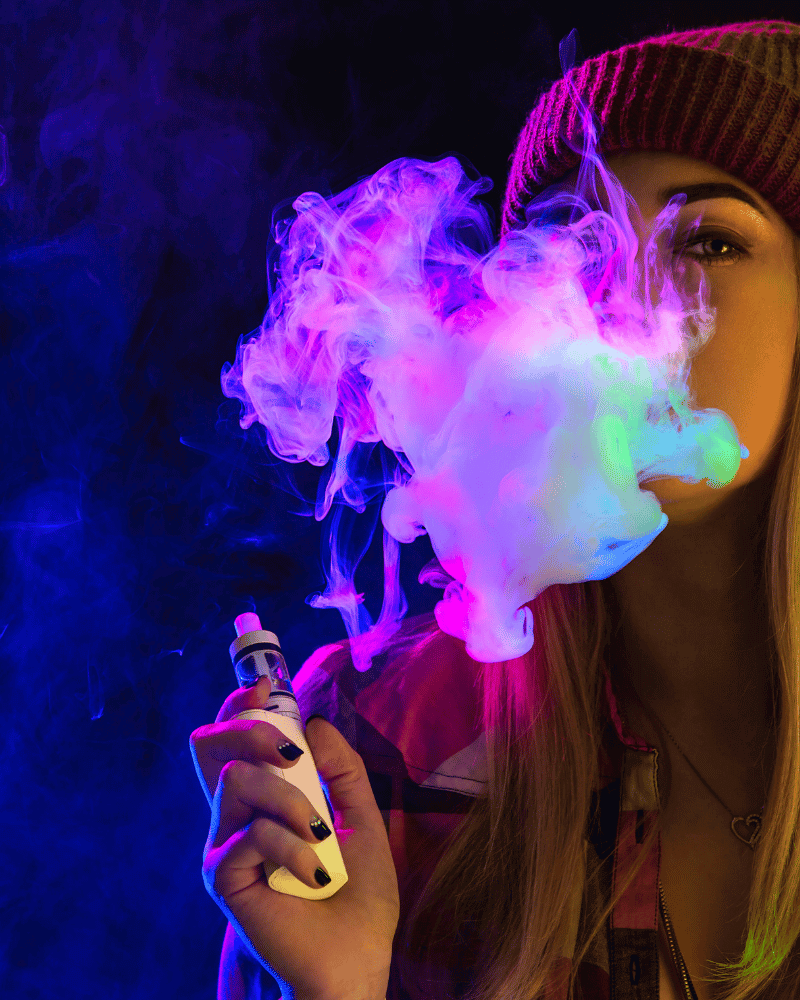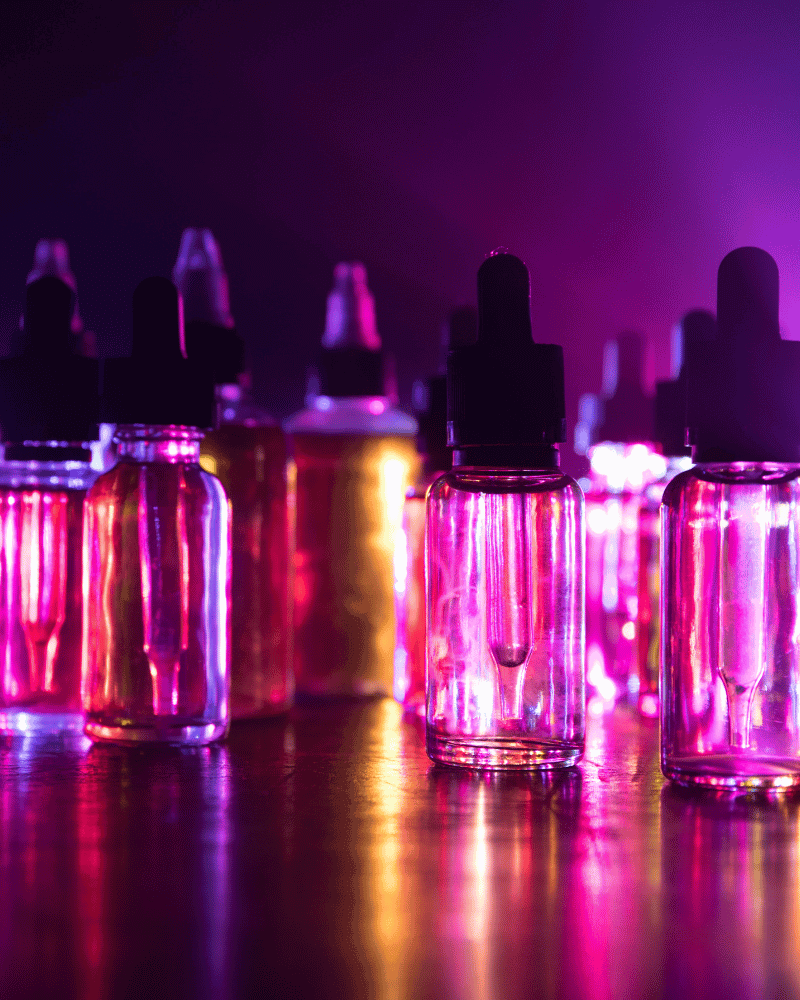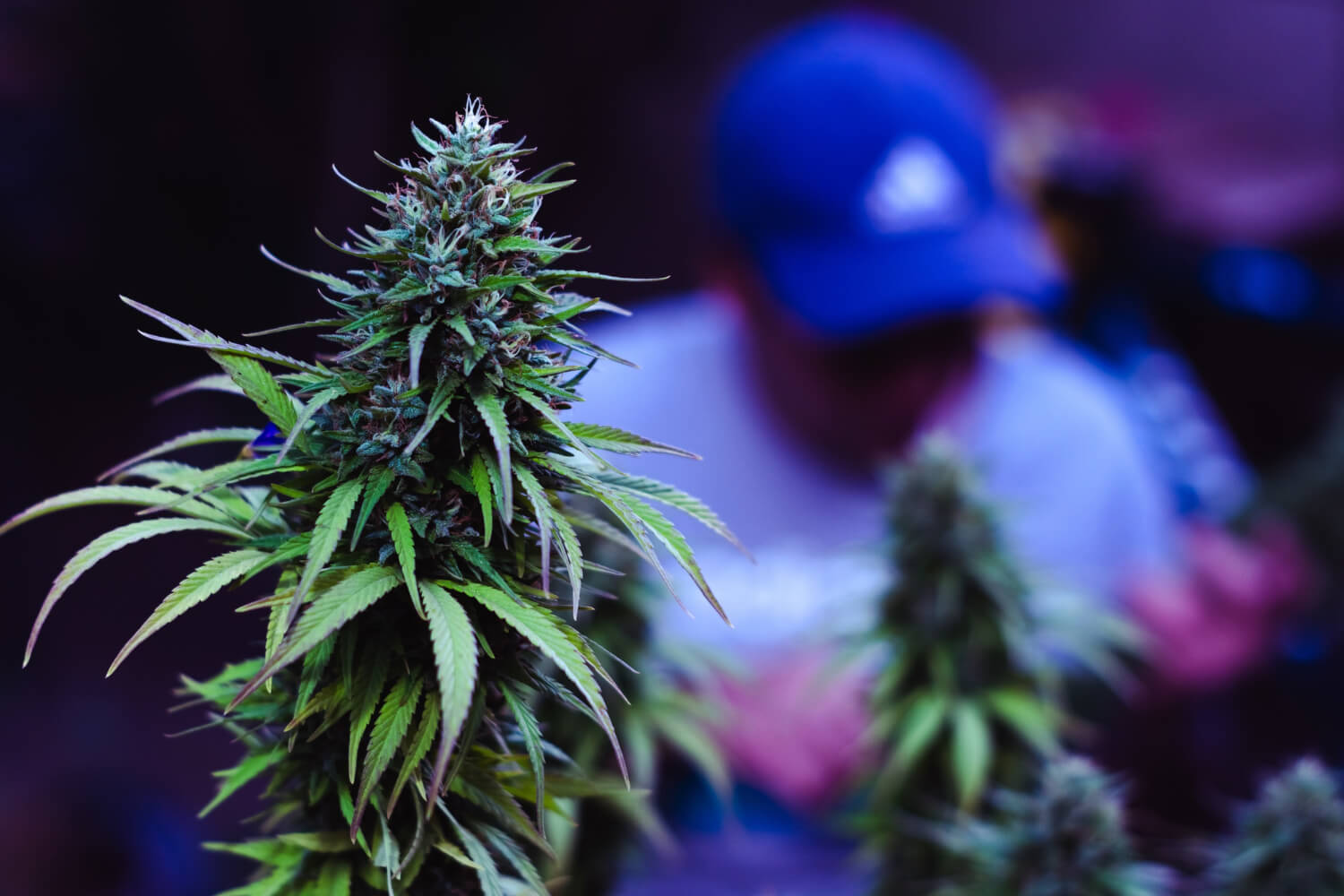What are HHC psychoses?
Hexahydrocannabinol, HHC, is a cannabinoid that occurs naturally in cannabis and can also be produced synthetically. It is similar to THC in its structure and psychoactive properties, but differs in its effects and legal status. On this page, we examine the connection between HHC and mental health, especially the risk of psychosis. Psychosis refers to serious mental disorders that can impair a person's sense of reality and may be triggered by various factors, including the use of psychoactive substances. Our aim is to provide a well-founded understanding of HHC and its potential effects on mental health.
How does HHC affect the psyche?
HHC interacts with the body's endocannabinoid system, which plays an important role in regulating our mood, sleep, and overall well-being. Through this interaction, HHC can affect the psyche, potentially inducing feelings of euphoria, relaxation, and altered states of consciousness. It is important to understand that the effects of HHC, as with all psychoactive substances, can vary from person to person and depend on factors such as dosage, individual tolerance, and psychological baseline. Therefore, using HHC also carries risks, especially in connection with mental health issues such as psychosis.


Connection between HHC and psychoses
The connection between HHC and psychosis is currently being intensively researched. HHC can cause psychotic symptoms such as delusions, hallucinations, and loss of contact with reality in some individuals. These reactions are often related to the dosage and an individual's susceptibility to mental health disorders. People with a personal or family history of mental illness may be at increased risk for such reactions. It is important to proceed with caution and be aware of the potential psychological risks associated with HHC use.
HHC Psychoses: Symptoms and Signs
- Delusions: Firm beliefs that do not align with reality.
- Hallucinations: Perceptions without external stimuli, such as hearing or seeing things that do not exist.
- Confusion: Difficulty thinking clearly or making logical connections.
- Paranoia: Unfounded fear or distrust of others.
- Reduced sense of reality: Loss of the ability to distinguish between reality and one's own thoughts or perceptions.
- Extreme mood swings: Rapid shifts between different emotional states.
- Anxiety: Intense, often irrational feelings of fear.
- Social withdrawal: Avoidance of social interactions and isolation.
These symptoms can appear suddenly and vary in intensity. Early detection and professional support are crucial to protect mental health.
What to do in case of HHC psychosis
If you notice signs of an HHC-induced psychosis, it is important to act quickly:
- Stay calm: Try to calm the affected person and bring them to a safe, quiet environment.
- Seek support: Contact a doctor or the emergency room, especially if the symptoms are severe.
- Inform: Let the medical staff know that the condition may have been triggered by HHC to facilitate treatment.
- Offer to stay: Stay with the person until professional help is available to provide support and ensure safety.
- Long-term help: Encourage the person to seek professional psychological support even after the acute symptoms have subsided.

Experiences with HHC and Psychosis
Some users have reported positive experiences with HHC, ranging from a pleasant sense of relaxation to an improved mood. They describe how HHC helped them reduce stress and even improve their sleep by promoting a general sense of well-being. On the other hand, there are also reports from individuals who experienced a variety of reactions, from initial calming effects to unpleasant side effects such as paranoia and anxiety. Some of these mixed experiences highlight how the effects of use can change over time, with initially positive effects sometimes shifting into less desirable states.
There are also reports from individuals who developed acute psychotic symptoms after taking HHC, including severe paranoia and hallucinations. These individuals emphasize the importance of being aware of potential risks and monitoring one's own mental health. In some cases, these experiences led those affected to seek professional help to understand and manage what they had experienced.
The variety of these reports illustrates how differently HHC can affect mental health and underscores the need for conscious and informed use of this substance.
HHC Fatality: An Assessment
In contrast, we are not aware of any HHC fatalities. However, the use of HHC could potentially be fatal if one assumes that HHC has similar effects to THC. In rare cases—such as in individuals with heart conditions—even cannabis use can pose a life-threatening risk.
HHC, or hexahydrocannabinol, is a relatively new substance on the market, and there are still few studies on its long-term effects or potential risks. However, it is believed that HHC acts on the endocannabinoid system in a manner similar to THC and produces comparable psychoactive effects. Since HHC is chemically related to THC, it is reasonable to assume that it may also carry similar health risks, especially for people with pre-existing health conditions such as cardiovascular diseases.
It is important for users to be aware of the potential risks and to exercise caution, particularly if they have pre-existing health conditions. Responsible use of HHC, as with THC and other cannabinoids, should always be a priority to minimize health risks. Furthermore, it would be advisable to await further research and clinical studies to gain a more comprehensive understanding of the safety and possible health effects of HHC. Until then, users should take existing precautions and warnings seriously.


